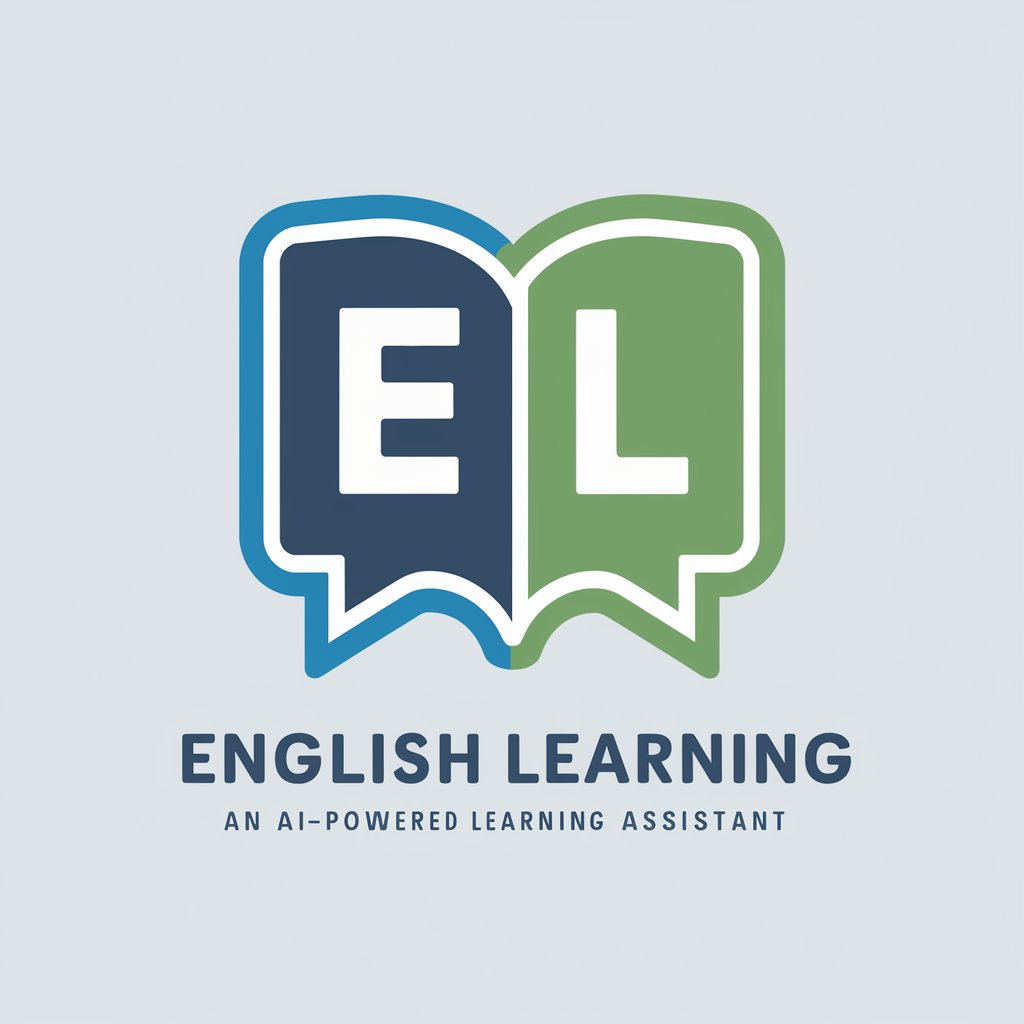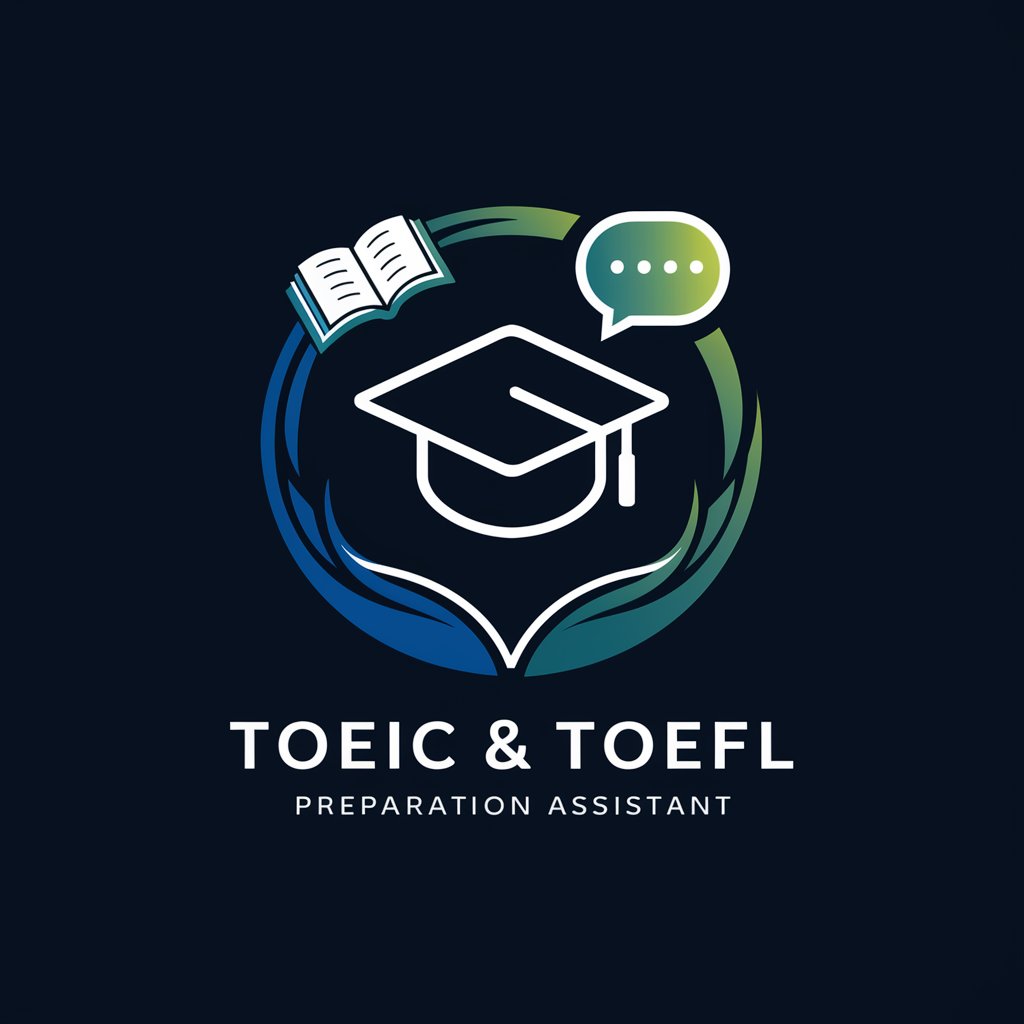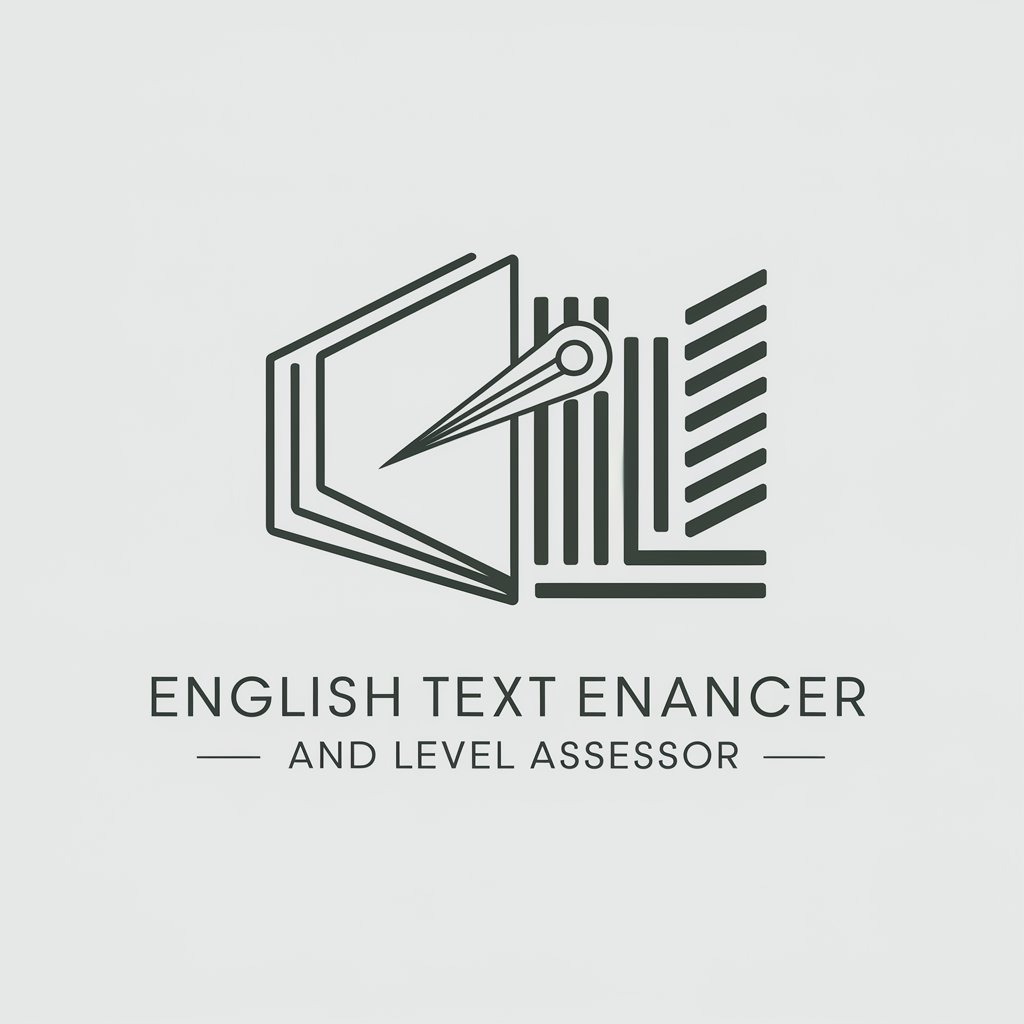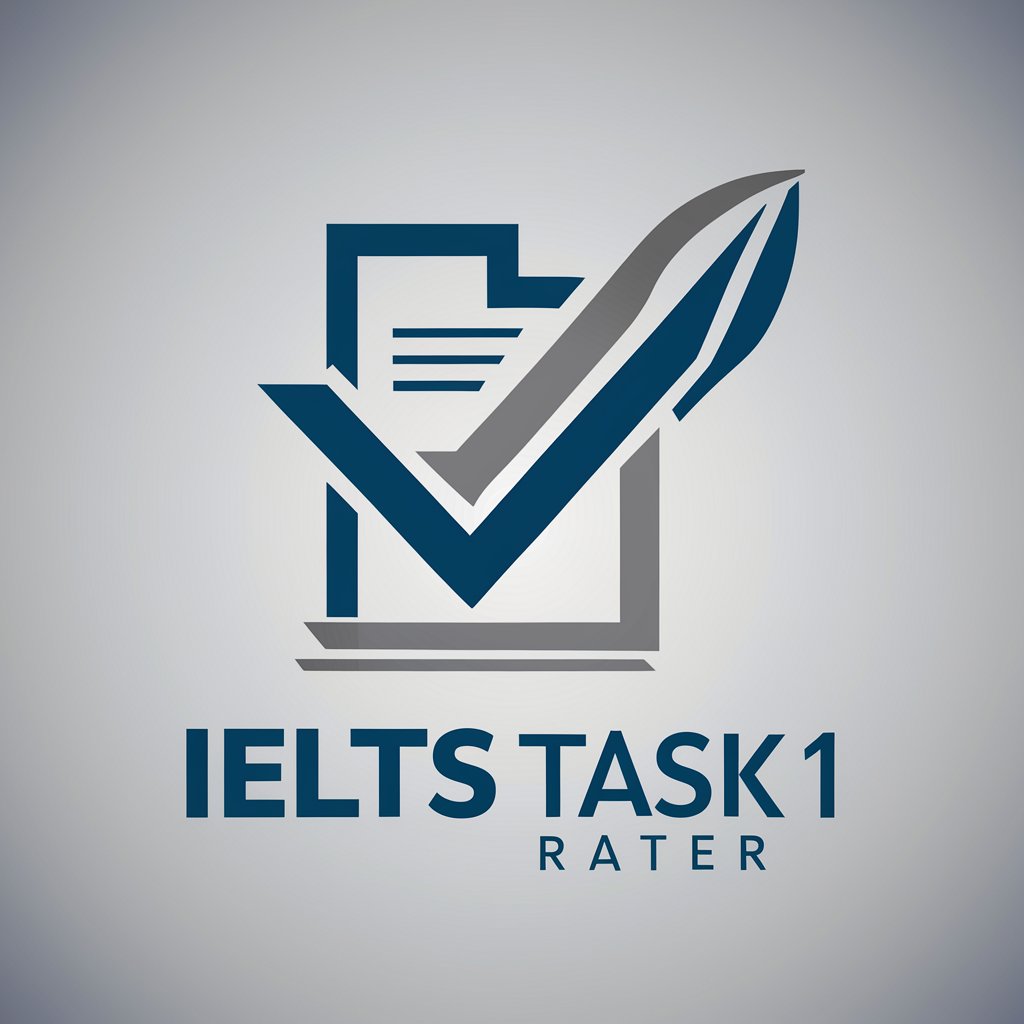
IELTS Writing - English & Language Learning-IELTS Writing Practice & Feedback
AI-powered IELTS Writing Practice & Feedback
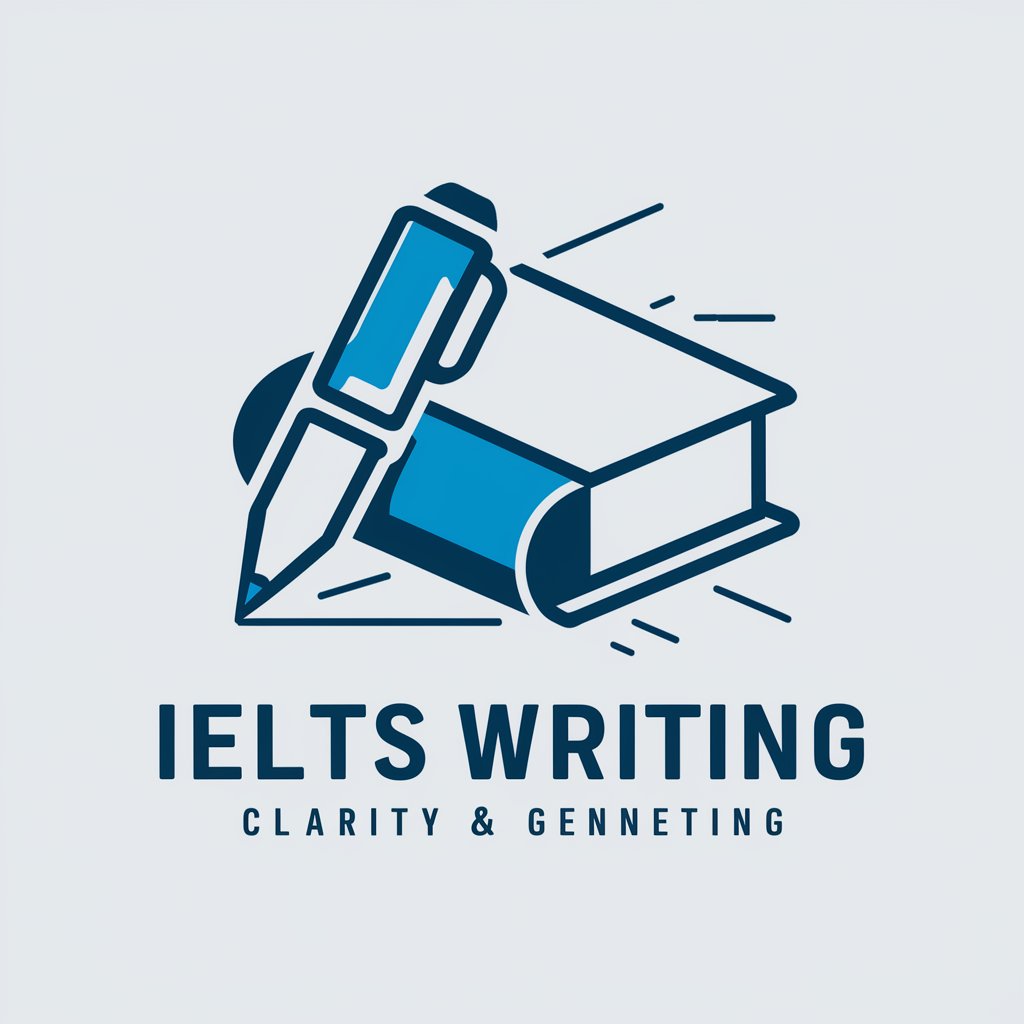
Helps with IELTS writing tasks, including essay, letter, and academic writing. Fixes grammar issues. Simply paste your task and answer to receive expert guidance.
Let's begin
What's the best way to plan and write my essay?
How can I improve my IELTS writing score?
What are the common topics in the IELTS Writing test?
Get Embed Code
IELTSJSON code correction Writing - English & Language Learning Overview
The IELTS (International English Language Testing System) Writing section is designed to assess a candidate’s ability to produce clear, well-structured written English, demonstrating both linguistic proficiency and the ability to convey ideas effectively. This section, part of the overall IELTS exam, evaluates how well candidates can handle both academic and general writing tasks. There are two tasks in the IELTS Writing test: Task 1 (which involves describing, summarizing, or explaining information from a graph, chart, diagram, or process) and Task 2 (which is an essay that requires an argument, opinion, or discussion on a given topic). These tasks aim to evaluate language skills such as grammar, vocabulary, coherence, and task response. The test’s design focuses on real-world applications, preparing candidates for academic settings, professional environments, or immigration purposes. For example, Task 1 might involve explaining the changes in a city’s population over time, and Task 2 could ask candidates to write an essay on the pros and cons of social media use. Both tasks demand a deep understanding of English grammar, syntax, and composition, as well as theJSON code correction ability to organize thoughts and structure writing clearly.
Main Functions of IELTS Writing - English & Language Learning
Improving Task Achievement and Response Quality
Example
The IELTS Writing test evaluates how well candidates address the task and meet the requirements of the prompt. For example, in Task 2, if the prompt asks for a discussion of both sides of an argument, an ideal response would include clear arguments on both sides, along with supporting details and examples.
Scenario
A student preparing for the IELTS exam might focus on understanding the type of question asked in Task 2 and learning how to structure their essay effectively, making sure they cover all parts of the prompt. They may practice writing essays under timed conditions to ensure they can respond appropriately within the 40-minute time frame.
Enhancing Coherence and Cohesion
Example
Coherence refers to the logical flow of ideas, and cohesion refers to the grammatical and lexical connections between sentences. Candidates need to use linking words (e.g., 'however', 'therefore') and maintain paragraphing to create a smooth, readable structure. For instance, an essay might need to clearly introduce a topic in the first paragraph, discuss arguments in the body paragraphs, and conclude with a summarizing statement.
Scenario
A learner might work on improving their essay by practicing paragraph structure, ensuring each paragraph has one main idea supported by examples. This practice helps ensure that their writing flows logically, and the reader can easily follow their argument.
Refining Grammar and Vocabulary
Example
Proper use of grammar and a broad vocabulary are essential for a high band score in IELTS Writing. For instance, using varied sentence structures (complex, compound) and a mix of formal and academic vocabulary (e.g., 'advantageous' instead of 'good') demonstrates a higher level of language proficiency.
Scenario
A candidate preparing for the exam may focus on learning formal language and academic vocabulary through targeted exercises. They might practice using complex sentence structures or work on avoiding basic mistakes such as subject-verb agreement, sentence fragments, and overuse of simple words.
Ideal Users of IELTS Writing - English & Language Learning
IELTS Test Takers
This group includes individuals who are preparing for the IELTS exam, particularly the Writing section. They could be aiming for academic purposes (such as applying to universities in English-speaking countries), professional opportunities, or immigration. These users need tailored resources to improve their writing skills, including essay structures, vocabulary building, and grammar exercises specific to the IELTS Writing test. For example, a university-bound student might use practice tests and writing exercises to develop their essay-writing skills and ensure they meet the high standards expected in academic writing.
English Learners (Intermediate to Advanced)
Intermediate to advanced English learners who aim to refine their writing skills for academic, professional, or personal purposes. These users might not necessarily be preparing for the IELTS exam, but they seek to enhance their ability to write in English in various contexts. This includes writing academic papers, professional emails, or reports. They benefit from structured practice and feedback, especially on how to communicate more effectively and accurately in English. For instance, a non-native professional working in an English-speaking country might use IELTS Writing resources to improve their email writing or report drafting skills.
How to Use IELTS Writing - English & Language Learning
IELTS Writing usage and detailsVisit aichatonline.org for free trial access
Start by visiting aichatonline.org, where you can explore IELTS Writing and English learning tools for free without any need for login or a ChatGPT Plus subscription. This trial access allows you to get a feel for the platform's features and capabilities.
Choose your target module (Writing, Grammar, etc.)
Once you have access to the site, choose the module that suits your needs—IELTS Writing for improving essay skills, or Grammar & Vocabulary for general language improvement. Each module provides targeted exercises that help you prepare for the IELTS exam.
Complete writing practice tasks
The IELTS Writing module allows you to complete a series of tasks similar to those you will encounter in the exam. These exercises include Task 1 (describing data) and Task 2 (essay writing). Focus on time management, as you will have limited time during the exam.
Receive feedback and track progress
After completing each task, you will receive detailed feedback on your performance. This feedback includes suggestions for improvingHow to use IELTS Writing grammar, vocabulary, and overall coherence. Track your progress through the platform’s dashboard to identify areas for improvement.
Review and practice regularly
To make the most of the IELTS Writing tool, practice regularly. Review your mistakes and focus on improving your weaknesses. The more you practice, the better prepared you'll be for the real exam.
Try other advanced and practical GPTs
文献润色降重
AI-powered academic polishing — refine wording, reduce similarity, elevate manuscripts.
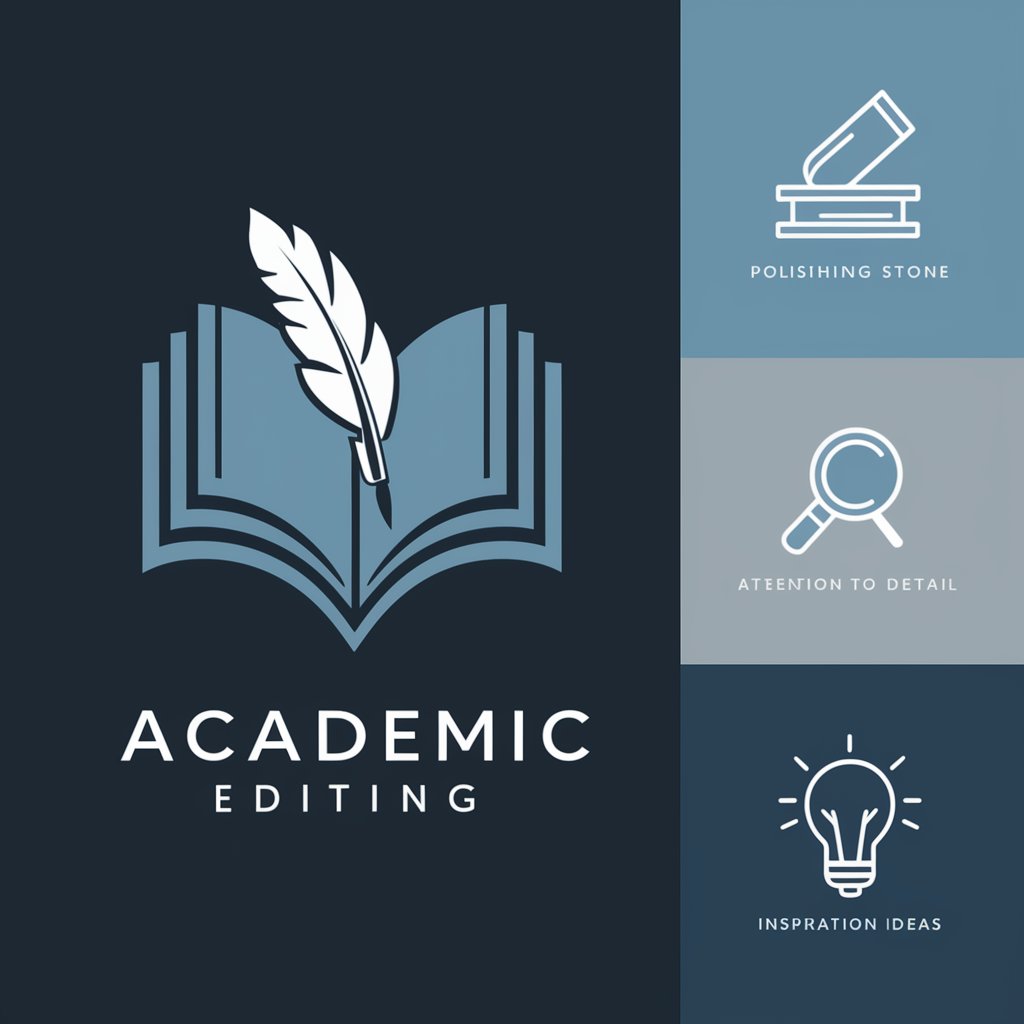
ARMA 3 Script GPT
AI-powered SQF scripting and mission design assistant
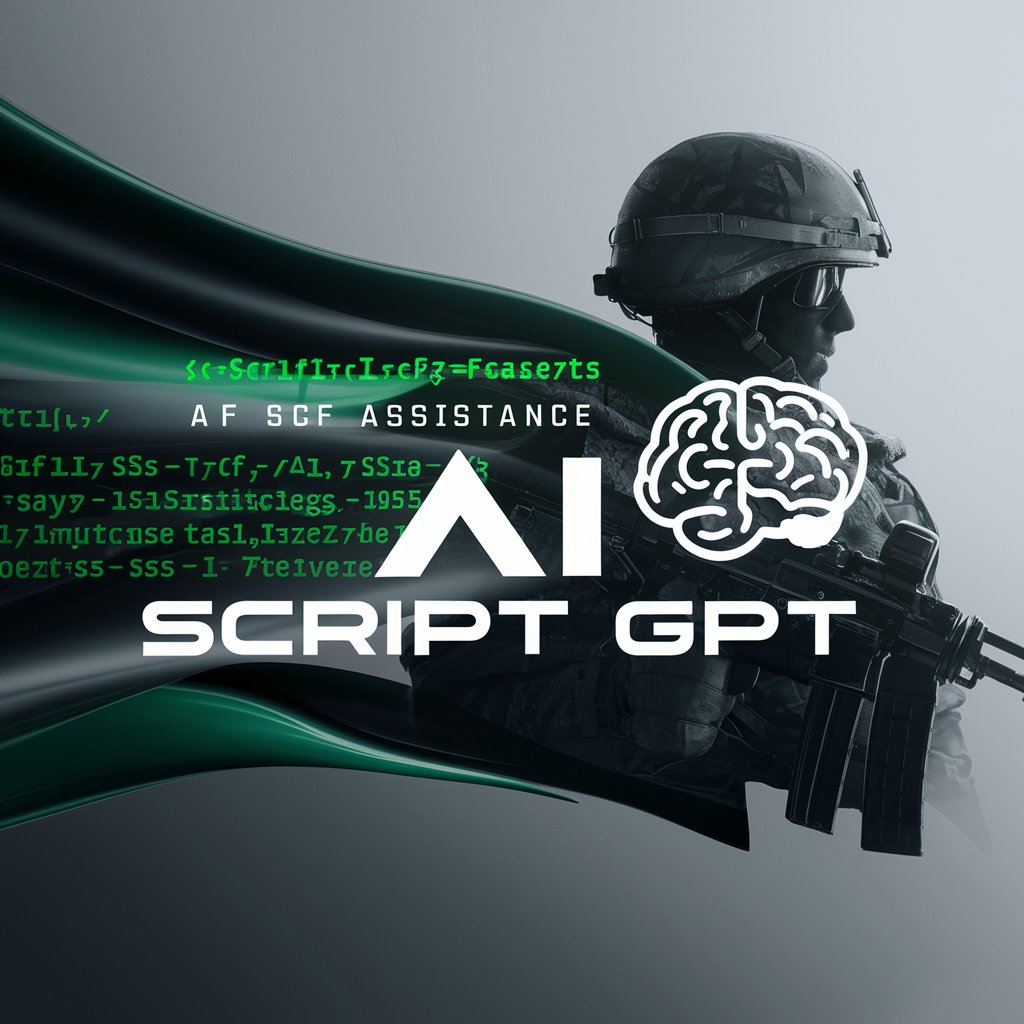
Video Loop
Effortlessly create seamless video loops with AI

JQL Assistant
AI-powered JQL query assistant for Jira.

DevOps GPT
AI-Powered DevOps Assistance for Optimization.

Fejsbučik master
AI-powered tool for smarter content creation.

Rstudio
AI-powered RStudio for data analysis

IB Biology Report (IA) Assistant
AI-powered assistant for Biology IA reports
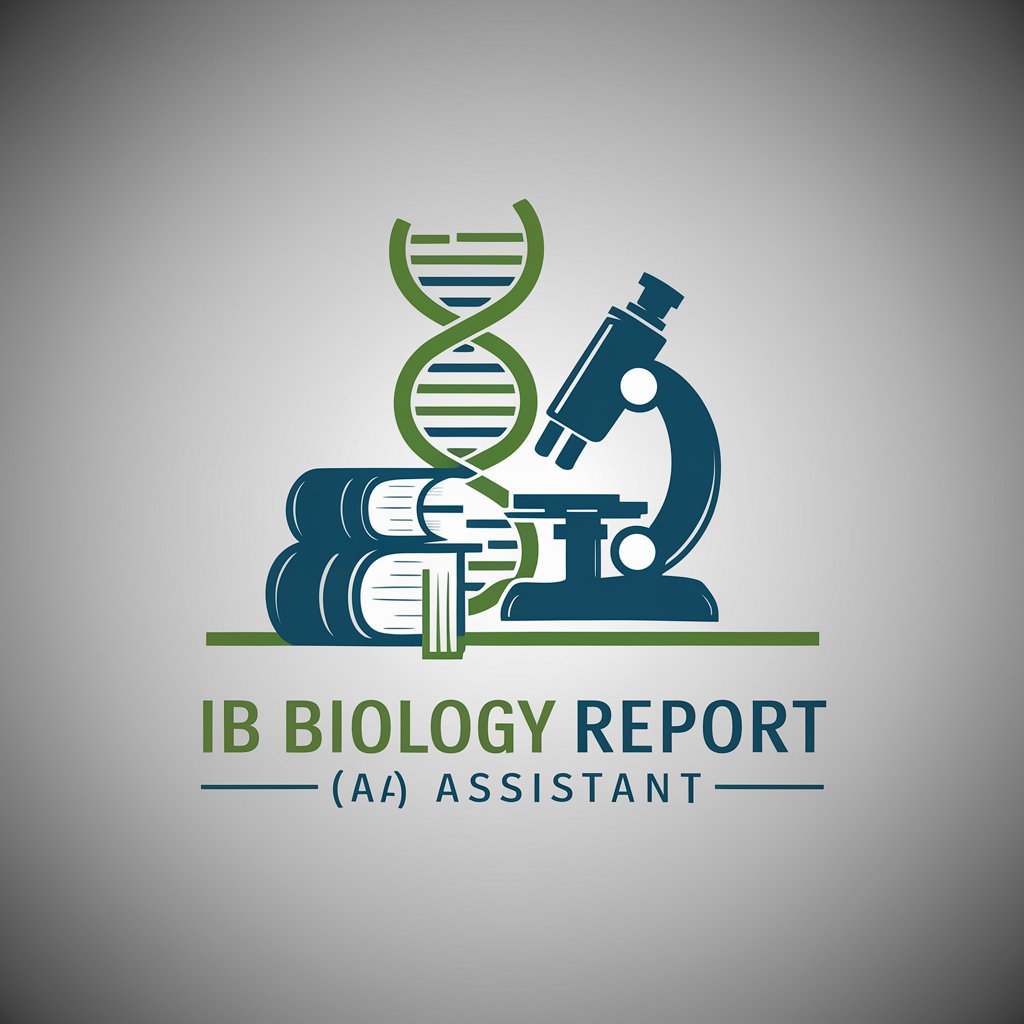
Consultor Financeiro
AI-powered finance insights for everyone.
Audio Analyzer
AI-powered audio analysis for deeper insights

Livewire v3 Coding Assistant
AI-powered Livewire v3 assistant for faster component development

Judge·Me•GPT
AI-enhanced content evaluation and improvement.
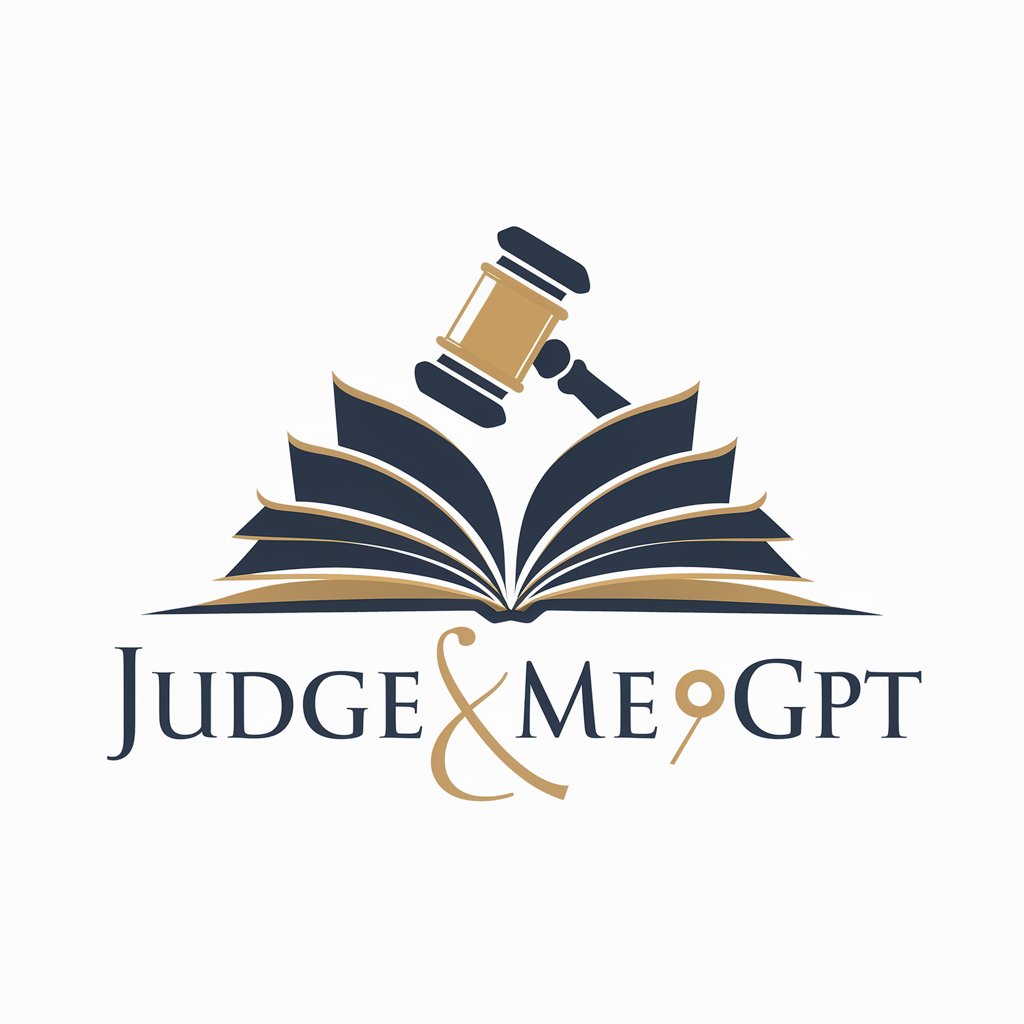
- Academic Writing
- Grammar Practice
- Essay Writing
- Writing Feedback
- IELTS Preparation
Common Questions about IELTS Writing - English & Language Learning
What features are available in the IELTS Writing module?
The IELTS Writing module offers both Task 1 (data description) and Task 2 (essay writing). It provides interactive practice exercises with a focus on writing techniques, vocabulary, grammar accuracy, and overall essay structure. After completing tasks, users receive instant feedback and suggestions for improvement.
Can I use this tool without a subscription?
Yes, you can use the tool for free through the trial access at aichatonline.org. No subscription or login is required initially, making it easy to get started. For continued access to more advanced features, a subscription may be required, but the basic tools are accessible without payment.
How can I track my progress in the IELTS Writing section?
Progress is tracked automatically on your dashboard. After completing each task, the platform gives you detailed feedback, including scores for your task responses. It also highlights areas where you need improvement, allowing you to monitor your development over time.
How do I improve my writing score using this tool?
To improve your IELTS Writing score, practice writing responses to both Task 1 and Task 2 regularly. Focus on the feedback provided, especially related to grammar, vocabulary, and essay structure. Keep track of your mistakes and address common errors in your writing.
Is this tool useful for general English language learning?
While the primary focus is on IELTS Writing, the tool also offers grammar and vocabulary exercises that can benefit general English learners. By improving your writing skills, you simultaneously enhance your overall English proficiency, particularly in formal and academic contexts.

